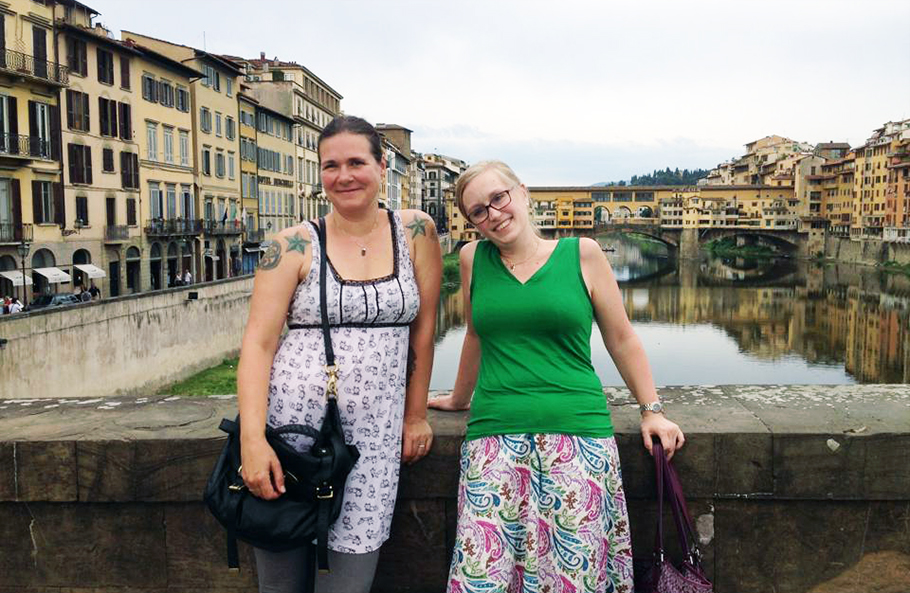Residential Summer Course in Epidemiology, Florence
Researchers are truly privileged. I recently experienced this when spending three weeks in beautiful Tuscany (right outside the city of Florence) taking an intensive summer course in epidemiology and biostatistics. There were lecturers from multiple British, Danish, Deutch, Spanish and Italian universities.
In total, there were more than 80 participants from across the world attending the course. Most of the participants were medical doctors, but a lot of other health occupations were represented.
The course was structured in an excellent way and the learning curve was very steep. We started with measures of disease occurrence the first day and finished with propensity scores and multilevel modelling the last days.

The main regression analyses covered include logistic regression, poisson regression and cox models. If you need further insight into the underlying assumptions and uses of linear regression you should know that this is not covered by this course. After each lecture, we were given a practical assignment where we were able to apply what we had learned. The practicals are taught in STATA. So, if you are using different statistical software this is something you should know. However, most of the lecturers in the biostatistics classes are adept at other software and will most be able to give you advice regarding implementation of the analysis in other software.
For the third week of the course all participants are able to choose topics more directly related to their own research, including clinical epidemiology, environmental epidemiology and social epidemiology. I had the pleasure of learning about social epidemiology from Dr. Bruna Galobardes with Boston University, giving me further insight into methodological approaches used to examine health inequalities.
Even though I had heard about most of these topics before I attended the course, I learned a lot. There are different stages in a research career, and I feel that I was able to gain a deeper understanding and see how the different methodological issues influence our epidemiologic research.
Since I hope to be able to teach classes in epidemiology one day, I also think it is good to hear different people cover the introductory topics. This allows you to go beyond understanding the different topics covered, in order to learn how to teach these topics to others. You also start to notice that epidemiology is less science and more a form of art in the sense that there are not necessarily any right and wrong answers.
Sist oppdatert: 31.01.2017 12:46